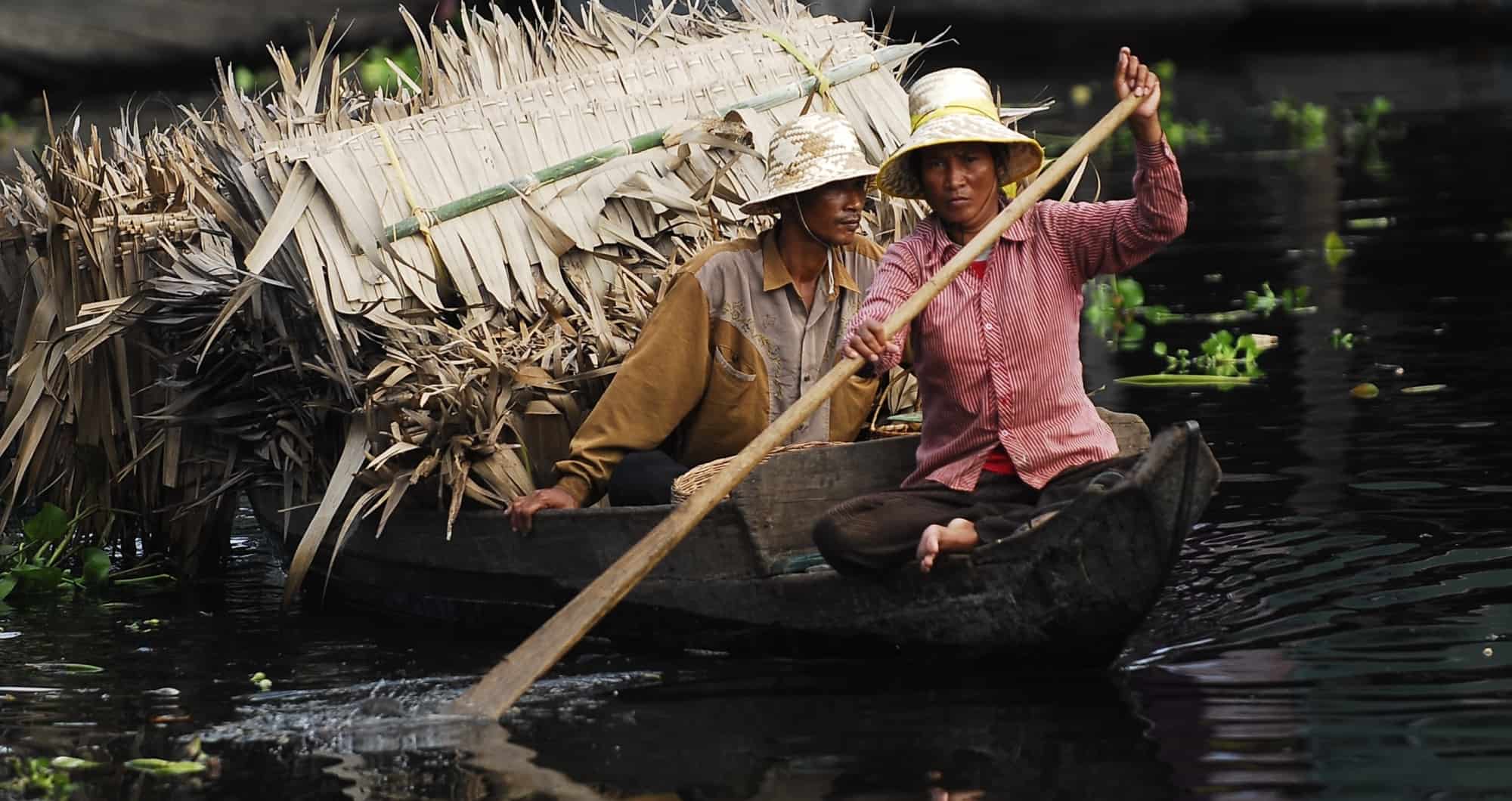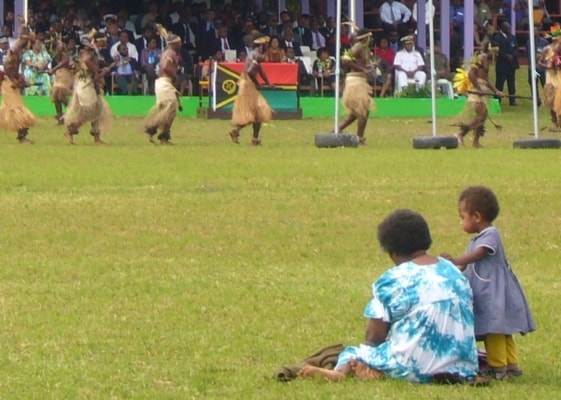Image: Family cruising along the Tonle Sap Lake in Kampong Phluk, Siem Reap Province, Cambodia (Photo: Asian Development Bank).
Guest post for From Poverty to Power
There have long been concerns that the ‘Thinking and Working Politically’ and ‘Doing Development Differently’ movements are a bit gender blind. Which is bizarre because no credible political analysis can ignore the kinds of power imbalances revealed by looking at gender inequality.
Now a number of governance and politics researchers are starting to address the gap. ODI and CARE have recently published some excellent work on women’s leadership and adaptive management and gender, OECD have published a paper on gender equality in fragile settings, and GADN are about to release a paper on Political Economy Analysis, gender and monitoring and evaluation.
At DLP, we have launched a suite of research on the issue. The project is called Gender and Politics in Practice. The research question is: how can a gendered understanding of power and politics make development work more effective? Our take was that many development programs tend to look at gender issues and politics separately. So, through a number of in-depth case studies – looking at women political leaders in the Pacific, labour reform in Vietnam’s garment industry, and (in partnership with The Asia Foundation), a paper on transgender empowerment and social inclusion in Indonesia – along with 14 short case studies of development programmes, we sought to understand how development workers could better incorporate gender aware and politically informed approaches.
What did we learn? We set out 5 key lessons in a project Briefing Note, which are accompanied by a series of guidance questions for practitioners. It is meant to be practical. The lessons are: work with locally-legitimate actors; combine political and gender analysis, and use it; frame developmental goals, including gender equality, in locally-appropriate ways; collect the right data and work to realistic timelines when seeking to shift gender norms; and finally, shape management systems to encourage staff and local partners to work in politically informed, gender aware ways. But there were a few other interesting takeaways.
First, over the course of doing the research, it struck us that practice was way ahead of theory. Many programme staff, managers, and practitioners were already doing excellent work to bring together politically informed and gender aware approaches. For example, MAMPU (the Australia-Indonesia Partnership for Gender Equality and Women’s Empowerment) was politically informed from the outset, identifying partner organisations with a record of influencing change and including them in the program design processes. In Nigeria, two programmes – Voices for Change and SAVI – have been using values-based recruitment system to get staff with the right ethos as well as skills. These programme case studies are summarised in From Silos to Synergy.

Hilda Heine
Programme staff are often put into the shade by local politicians and leaders. Ceridwen Spark, John Cox, and Jack Corbett’s paper details how three Pacific leaders became the first women in their respective countries to reach the top – Hilda Heine, the President of the Marshall Islands, Fiame Mata’afa, the Deputy Prime Minister of Samoa and Dame Carol Kidu, who was Leader of the Opposition in Papua New Guinea. They did so through a combination of political savvy, nous, and courage.

Fiame Naomi Mata’afa
Second, those who identify as being politically savvy often put great store on the feasibility of political reforms. But what if going for what is politically feasible actually reinforces the status quo? Many of our cases made this trade-off explicit. We concluded that a gender or normatively-focused approach to development is a welcome counter-balance to a potentially Machiavellian focus on political feasibility.

Carol Kidu
Third, often the best way of working on gender is to work obliquely – maybe not even talking about gender explicitly – and integrate gender into mainstream programmes rather than focusing on small-scale training or awareness raising among relatively small segments of society. Alice Evans’s paper on The Politics of Better Work for Women makes the case for more transformative social change through supporting institutional reforms in predominantly female industries, such as Vietnam’s garment sector.
Finally, it was hard not to conclude that, on balance, political and governance experts have more to learn from women’s groups and gender advocates than the other way around; although that’s not always the case.














